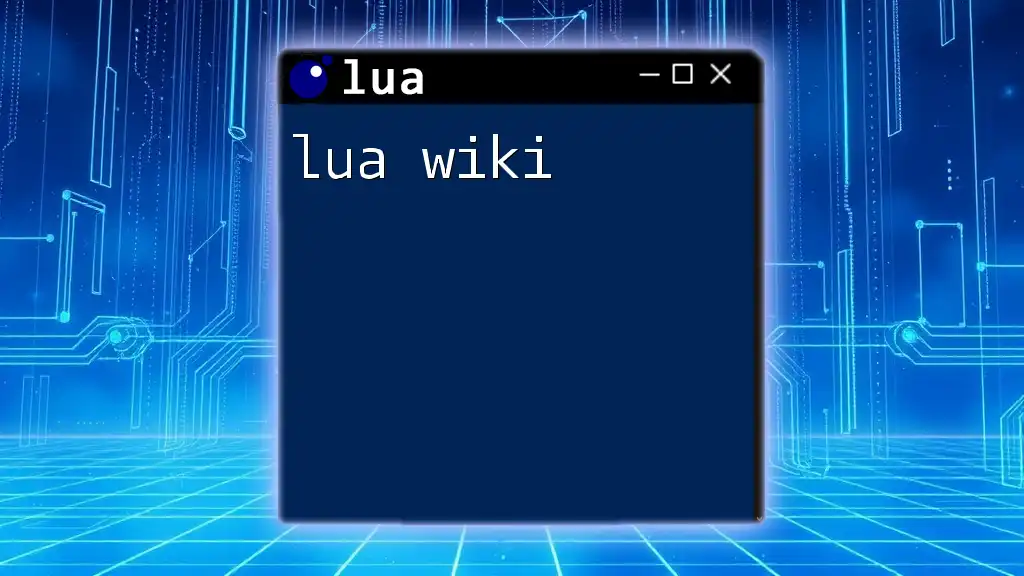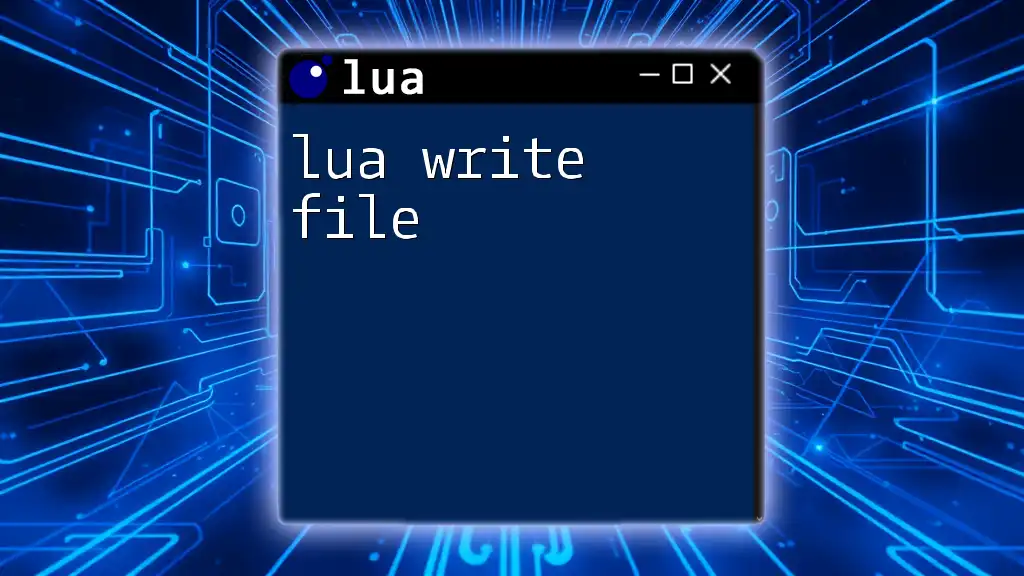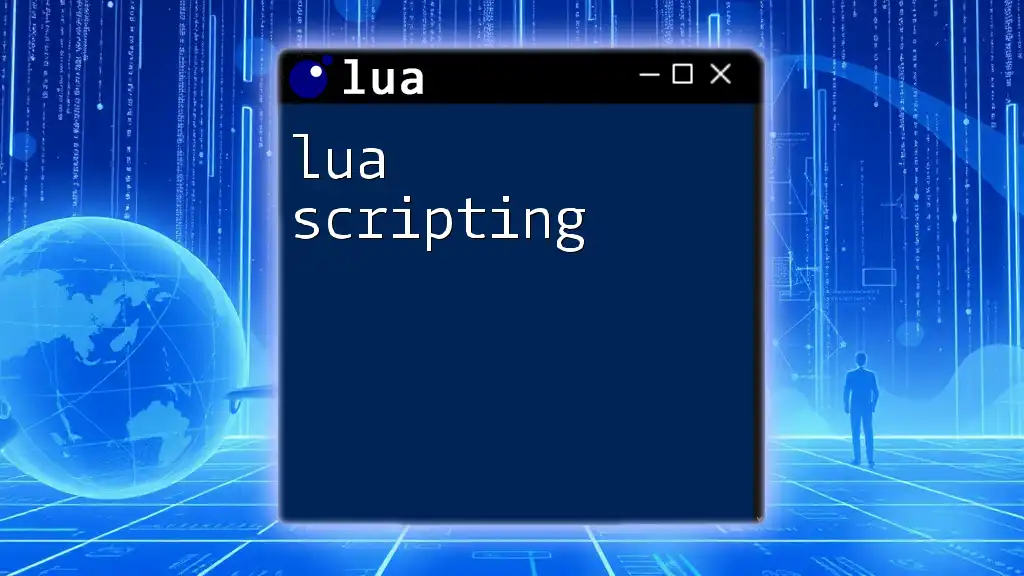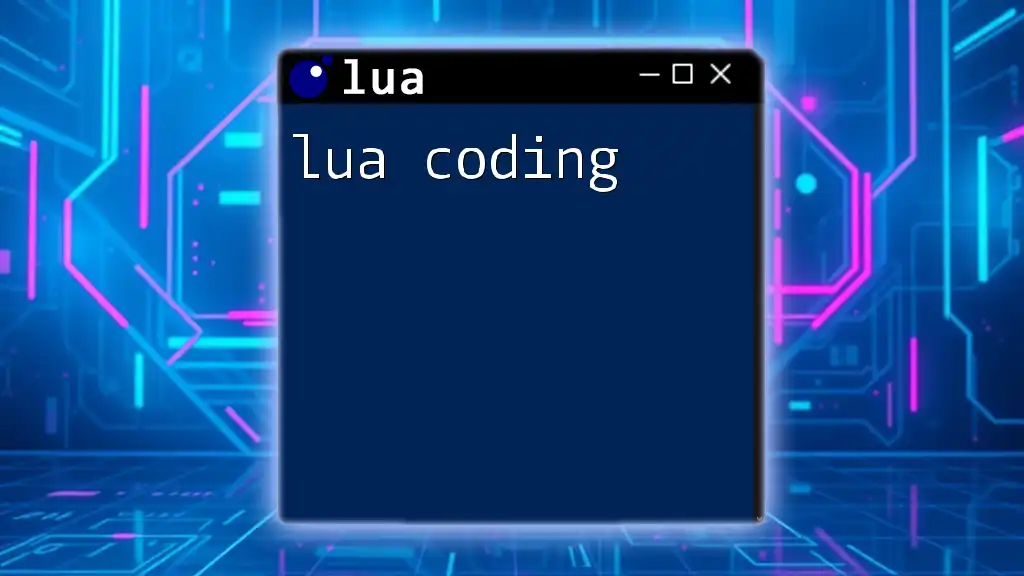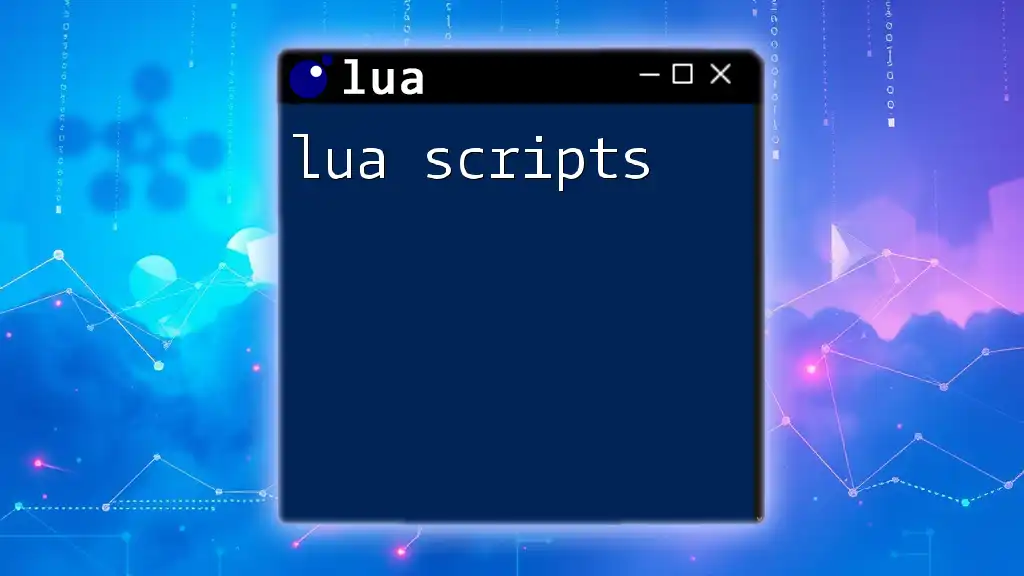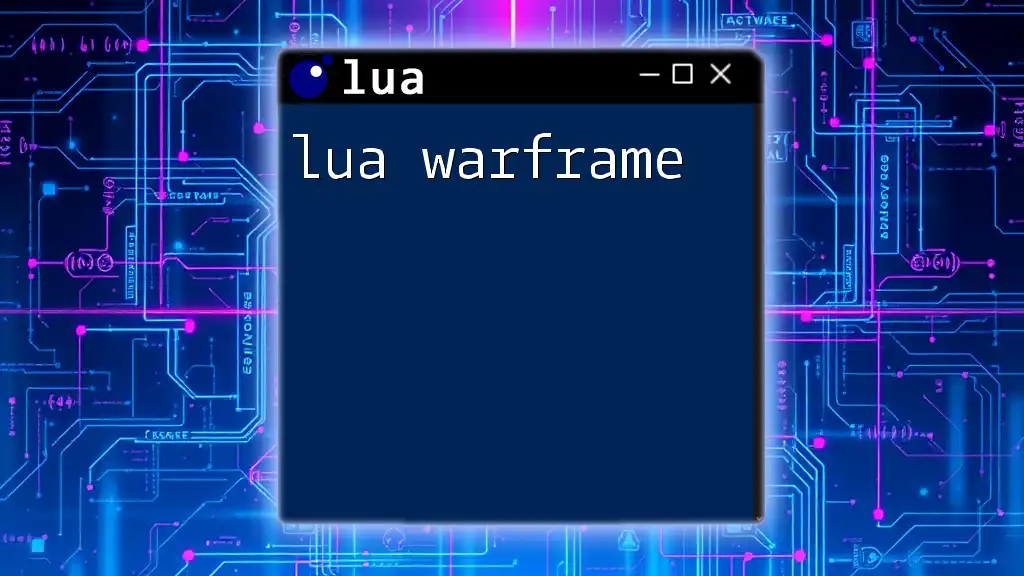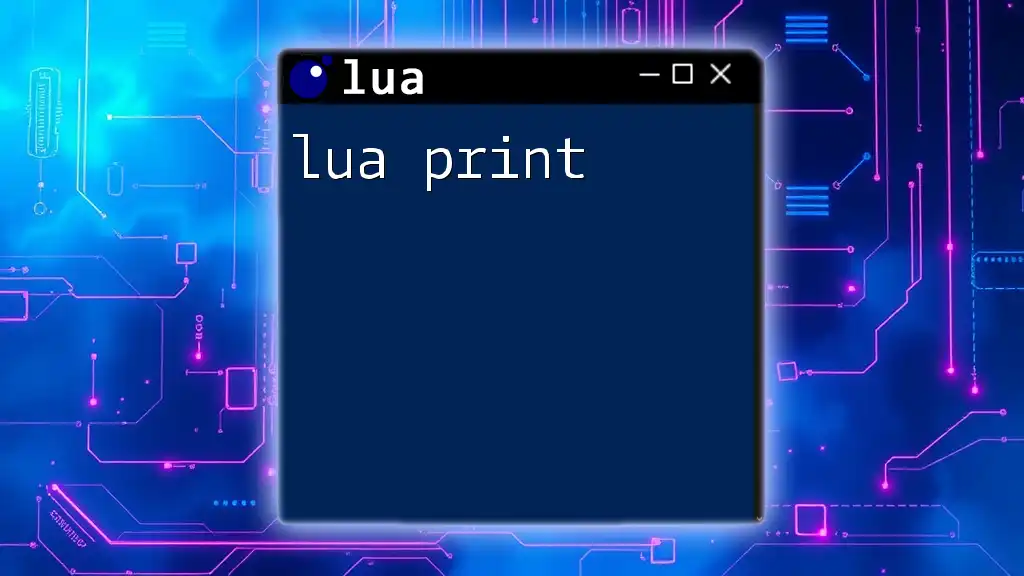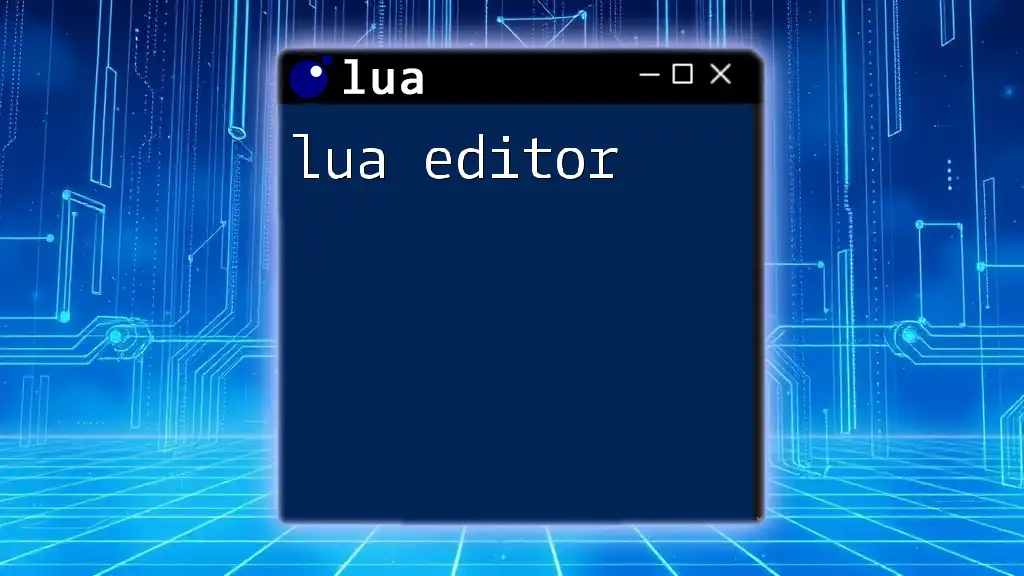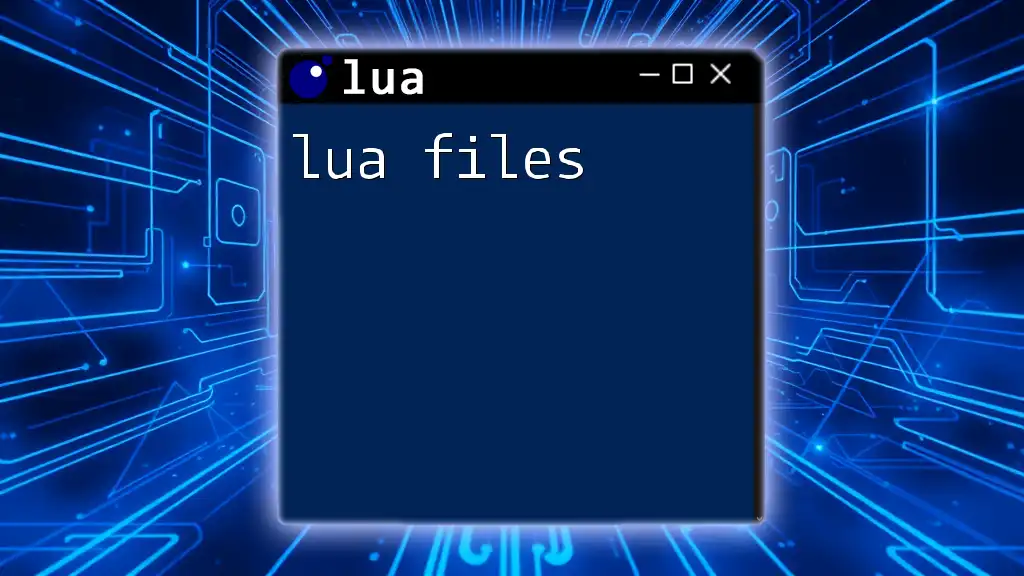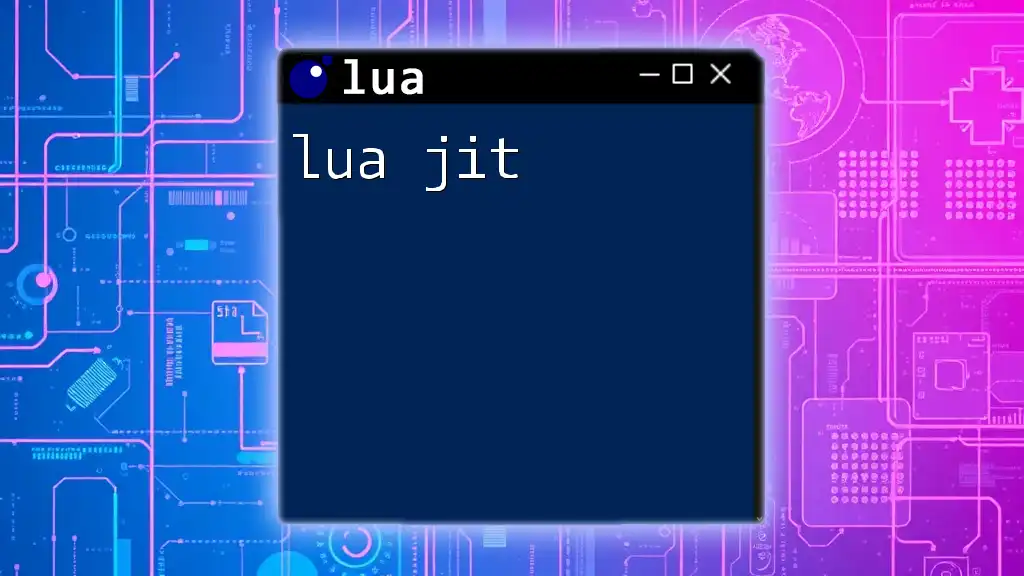The Lua wiki is a comprehensive resource that offers documentation and examples for using Lua programming commands efficiently.
print("Hello, World!") -- This simple script prints "Hello, World!" to the console.
What is Lua Wiki?
Lua Wiki is a collaborative platform that serves as a comprehensive resource for anyone interested in learning Lua, a lightweight and efficient programming language. By functioning within a community-driven framework, Lua Wiki allows users to find, share, and discuss information related to Lua in an easily accessible format. This platform is particularly valuable for beginners and seasoned developers alike, providing centralized resources that demystify the language's features and uses.
Navigating the Lua Wiki
Navigating the Lua Wiki is designed to be user-friendly, emphasizing simplicity and ease of use. The user interface features comprehensive navigation menus and search functionalities that allow users to quickly locate specific topics or syntax. Whether you’re searching for fundamental concepts or advanced programming techniques, the search bar can directly guide you to the intended information.
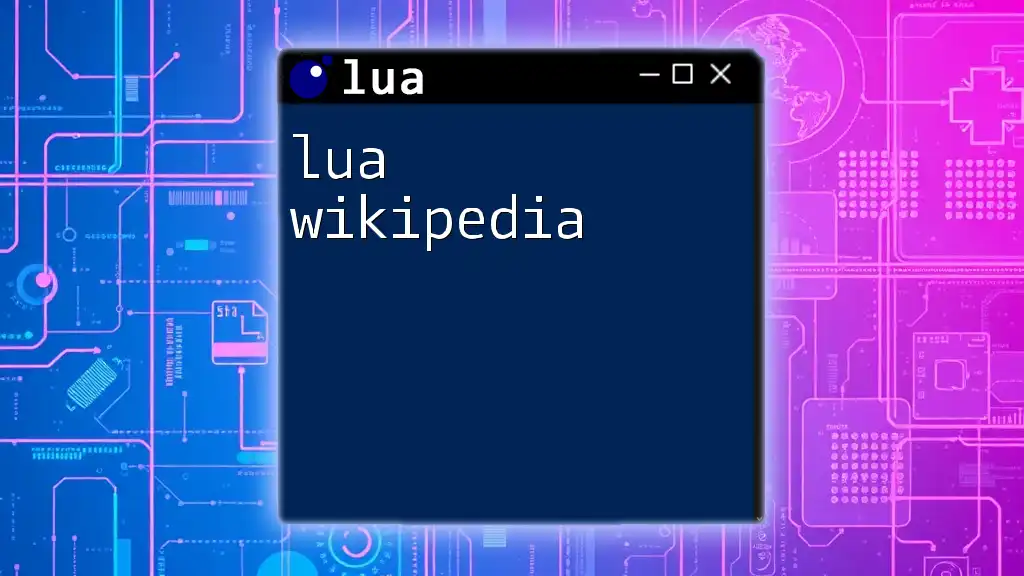
Key Sections of Lua Wiki
Documentation Section
One of the most critical sections of Lua Wiki is the documentation. This section encapsulates core concepts of the Lua language, offering detailed explanations and examples to help users grasp both fundamental and advanced topics.
Core Concepts Explained
The core concepts of Lua include variables, data types, functions, and control structures. Each topic is systematically organized to facilitate easy understanding. For example, when discussing variables, Lua employs dynamic typing, allowing variables to hold values of varying types without prior declarations.
Here’s a simple code snippet illustrating how variables work in Lua:
local greeting = "Hello, Lua!"
print(greeting) -- Output: Hello, Lua!
Code Snippets Example
To further solidify your understanding, the documentation often includes code snippets showcasing practical examples. Here's a simple function that demonstrates how to define and call functions in Lua:
function greet(name)
print("Hello, " .. name .. "!")
end
greet("Lua User") -- Output: Hello, Lua User!
Tutorials
The tutorials section is another powerhouse of resources within the Lua Wiki. It comprises numerous instructional guides tailored to various skill levels.
Beginner Tutorials
Beginner tutorials typically cover essential topics that lay the foundation for learning Lua. Topics may range from installing Lua to understanding basic syntax and constructs. A simple tutorial might walk you through creating a basic program that adds two numbers:
local num1 = 5
local num2 = 10
local sum = num1 + num2
print("Sum: " .. sum) -- Output: Sum: 15
Intermediate and Advanced Tutorials
For those looking to deepen their understanding, the intermediate and advanced tutorials provide a wealth of information regarding more complex topics, such as tables, metatables, and coroutines. These tutorials often combine theory with extensive code examples for practical understanding. Consider this example of a table in Lua:
local fruits = { "apple", "banana", "cherry" }
for i, fruit in ipairs(fruits) do
print(i, fruit)
end
-- Output:
-- 1 apple
-- 2 banana
-- 3 cherry
Reference Guide
The reference guide is a well-organized catalog of information regarding Lua's syntax, libraries, and features—essentially, it’s the go-to section for more advanced users looking for specifics.
Built-in Libraries
Lua offers numerous built-in libraries, such as string, math, and table, each serving different purposes. Users can easily refer to these libraries to enhance their coding experience and utilize advanced functionalities without reinventing the wheel.
For instance, using the math library to find the square root of a number is straightforward:
local math = require("math")
print(math.sqrt(16)) -- Output: 4
Community Contributions
An integral aspect of the Lua Wiki is its community contributions. This section highlights the importance of user-generated content, which enriches the available resources and keeps the information updated and relevant.
Getting involved in the Lua Wiki by contributing your own tutorials, examples, or corrections fosters a collaborative learning environment that benefits everyone. Notable contributions could include unique tutorials or insightful articles on specific use cases that have helped many learners grasp complex concepts.
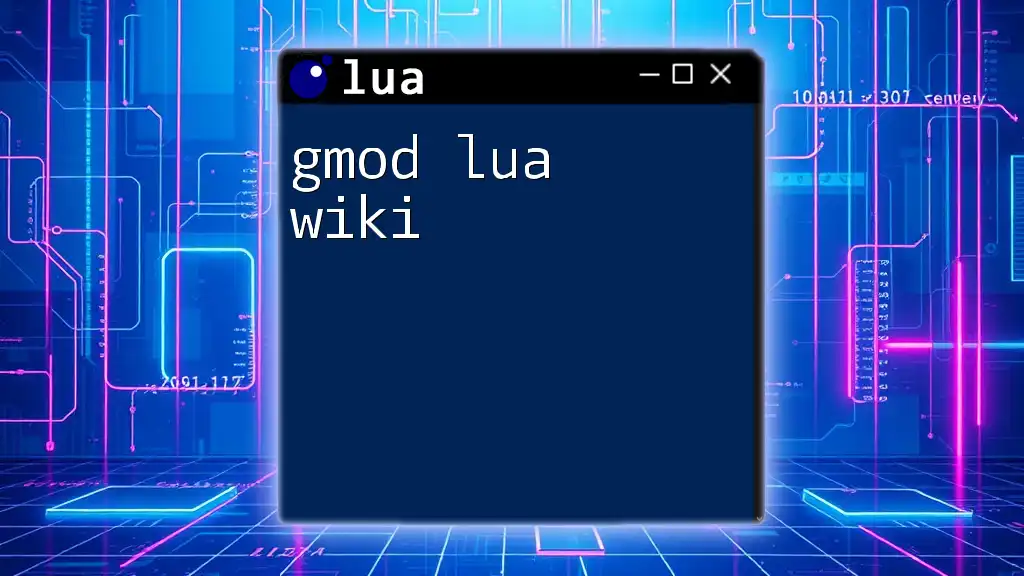
Frequently Asked Questions (FAQ)
How do I get started with Lua?
Starting with Lua is simple. First, download and install the Lua interpreter. Next, explore the Lua Wiki for tutorials, documentation, and practical examples to build your foundational skills.
Can I use Lua for game development?
Absolutely! Lua is extensively used in the game development industry, often utilized as a scripting language to enable flexibility in game mechanics and functionality. Its lightweight nature facilitates quick development cycles.
What are some common pitfalls for Lua beginners?
Common pitfalls include misunderstanding the scope of variables, mishandling tables, and improperly using functions. The good news is that the Lua Wiki’s tutorials aim to cover these challenging areas.
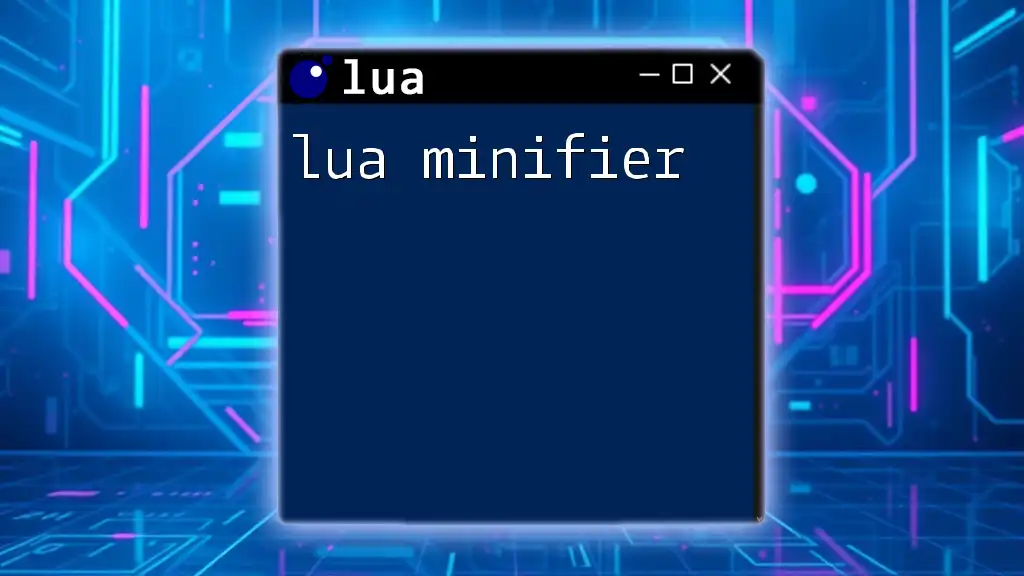
Conclusion
The Lua Wiki stands as a valuable resource for learners and experienced developers. It provides a centralized location to explore the intricacies of Lua programming, offering detailed documentation, comprehensive tutorials, and enabling community engagement. Whether you’re just starting or looking to refine your skills, the Lua Wiki is an excellent gateway to mastering this versatile programming language.
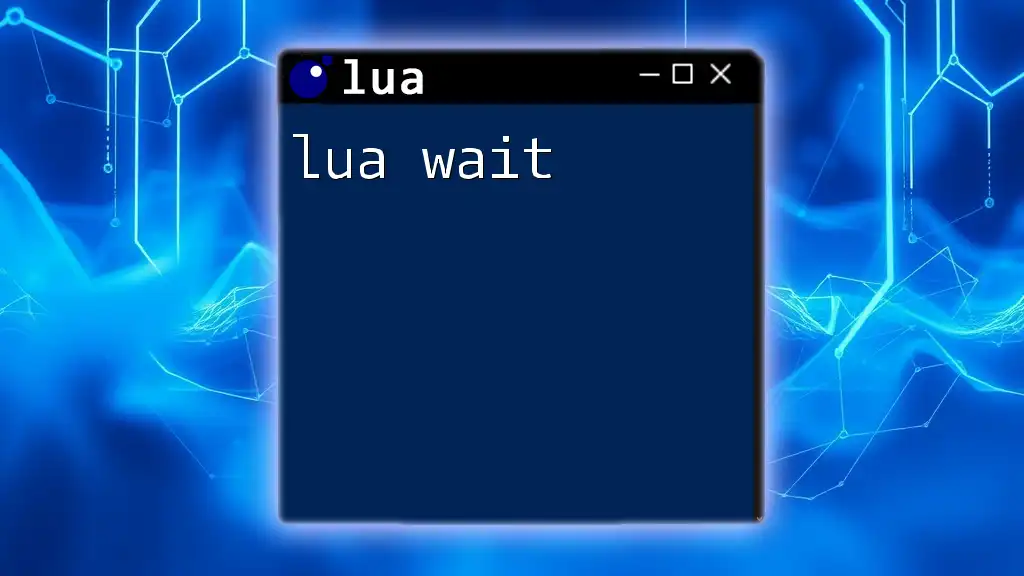
Additional Resources
To further enhance your learning journey, explore external resources such as recommended books, websites, and online courses dedicated to Lua programming. Also, consider joining the Lua community through forums and social media platforms where you can share insights, ask questions, and connect with like-minded learners.
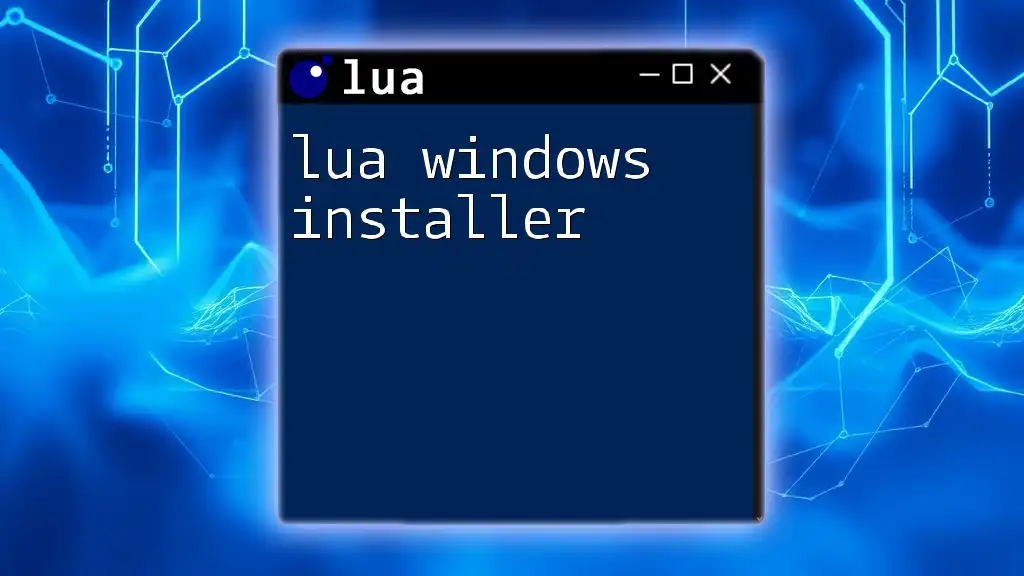
Call to Action
Ready to dive deeper into Lua? Subscribe for more learning resources, tips, and tutorials tailored to help you become a proficient Lua programmer. Don’t forget to download your free cheat sheet, packed with essential Lua commands and functions to keep at your fingertips!

